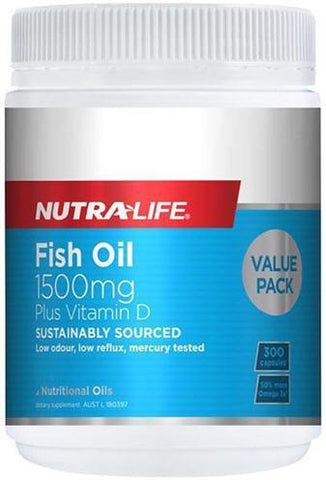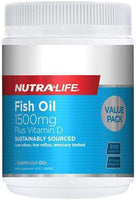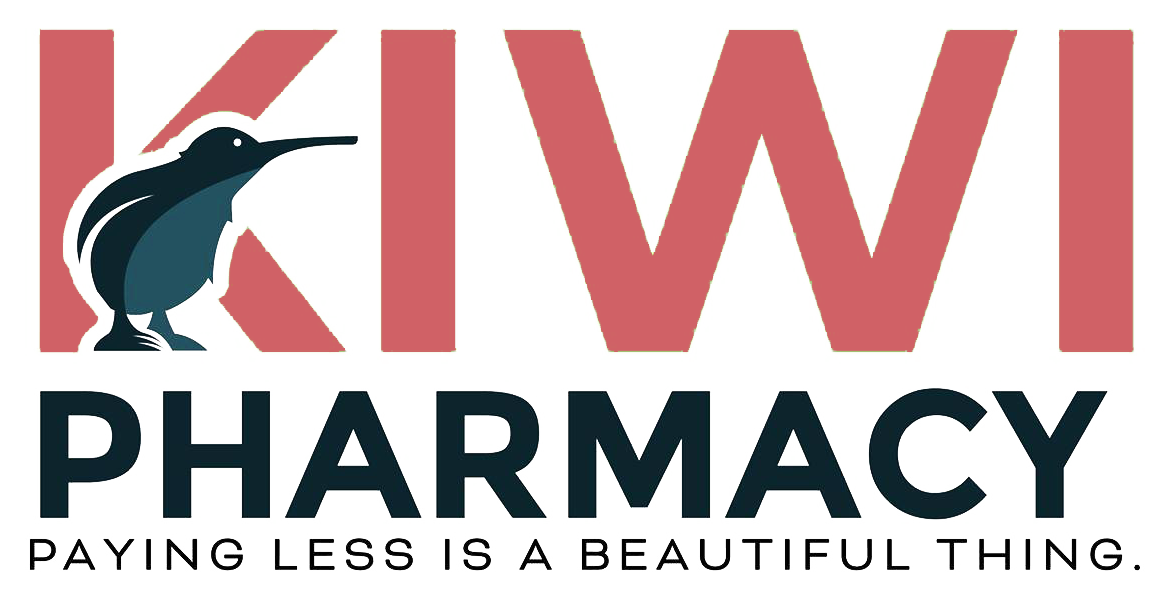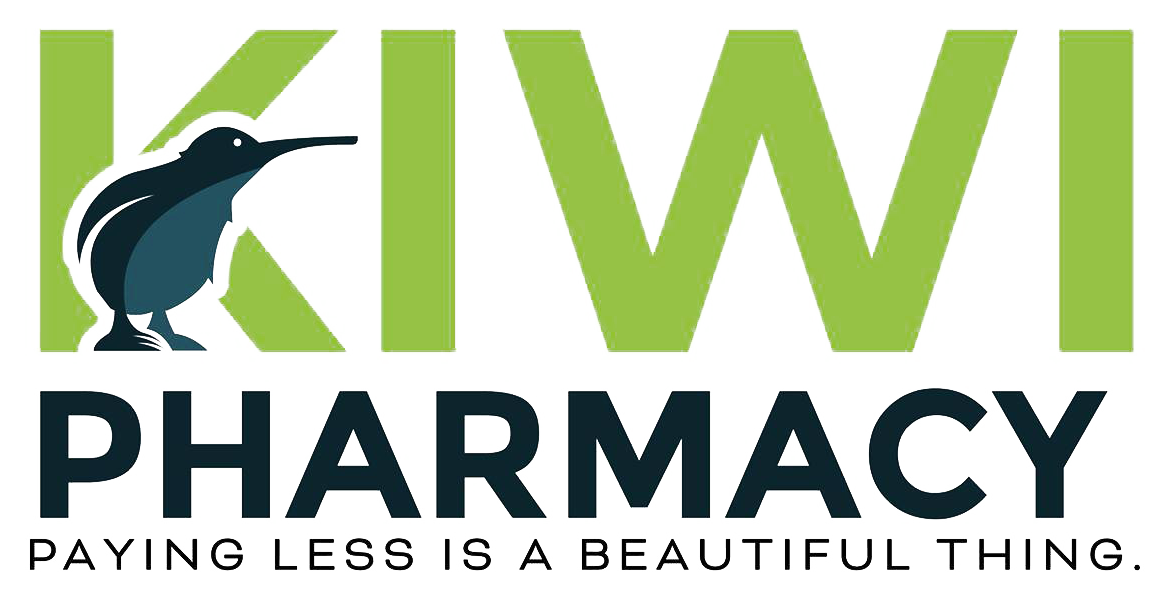You have no items in your shopping cart.
Nutra-Life Fish Oil 1500mg plus Vitamin D 300 Capsules


Nutra-Life Fish Oil 1500mg plus Vitamin D 300 Capsules
- Sale price
- $25.99
- Regular price
- $25.99
Nutra-Life Fish Oil 1500mg Plus Vitamin D capsules are sustainably harvested, NZ-manufactured Fish Oil with 50% more Omega-3 EFAs per capsule plus Vitamin D. Beneficial for: Supporting healthy heart function, circulation, and blood pressure and cholesterol levels Assisting with joint discomfort and swelling, and supporting joint mobility associated with arthritis Maintaining healthy brain function, mental balance and vision Key and unique features: Provides 50% more EPA and DHA – essential Omega 3 fatty acids per capsule than standard fish oil Sourced from sustainably-harvested populations of oily, cold-water fish (e.g. anchovy, mackerel and sardine) and certified Friend of the Sea Low odour, low reflux fish oil Rigorously tested for mercury, heavy metals, and pesticides to comply with strict international standards Contains added Vitamin D to support heart, bones and immunity Manufactured and packed in New Zealand
ACTIVE INGREDIENTS Each soft gel capsule provides: Fish Oil – Natural (1500mg) 1500mg Provides Omega-3 marine triglycerides 450mg Equiv. Eicosapentaenoic Acid (EPA) 270mg Equiv. Docosahexaenoic Acid (DHA) 180mg Cholecalciferol (Vitamin D3 142IU) 3.55mg Formulated without: Gluten, artificial preservatives, dairy, salt, starch, sugar and yeast.
DOSAGE Adults: Take 1-3 capsules daily with food, or as directed by your healthcare professional.
WARNINGS Take only as directed, and if symptoms persist, consult a healthcare professional Customers taking anti-hypertensive (blood pressure lowering) drugs should use this product with caution and monitor their blood pressure regularly, as fish oil may decrease blood pressure and increase the effects of these drugs. Customers taking Warfarin or other blood thinning medication should consult their doctor before using this product
Extended Information:
What are Essential Fatty Acids (EFAs) and Omega-3, -6 and -9 EFAs? A Polyunsaturated fats consist of fatty acids, many of which the body needs in the same way as it needs vitamins and minerals, to maintain a wide range of normal functioning and health. The body can synthesise some of these fatty acids on its own, but others (called “essential” fatty acids or EFAs) need to be obtained through the diet. EFAs are categorised into different families – Omega-3, Omega-6 or Omega-9 – depending on their chemical structure. Fish and seafood provide an important source of two especially important Omega 3 polyunsaturated fatty acids: EPA & DHA, which are not found in plant-based Omega 3-rich oils such as Flaxseed oil. The body requires these critical essential fatty acids to protect joints, heart and brain health, support normal blood circulation, and maintain healthy skin. Omega-6 EFAs tend to be found in many plant-based oils, and Omega-9 EFAs most commonly occur in olive oil.
Q What is the optimal level of Omega-3 EFA intake? A Essential Fatty Acids do not operate in isolation in the body, but often interact with each other, balancing out each other’s effects. This means that optimal Omega-3 intake is often described in terms of a ratio of balance with Omega-6 EFAs, rather than an absolute figure on its own. Nutritional research suggests that the body requires an Omega-6 to Omega-3 EFA ratio of 4:11 or less to maintain general health and wellbeing.
Q What are some of the symptoms of low Omega-3 EFA levels? A The typical Western diet contains little fish or seafood, and provides an Omega-6 to Omega-3 EFA ratio of 15:12, which is significantly out of balance with the research-suggested level. This can result in low Omega-3 EFA levels, which may cause joint discomfort, swelling and stiffness; blood pressure and cholesterol imbalances; poor heart health; dry itchy skin; slowed wound healing; poor memory and concentration; and mood disturbances. Because of this, most people will benefit from increasing their dietary Omega-3 consumption.




